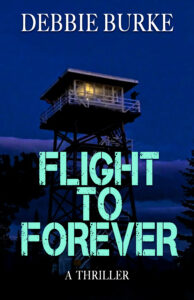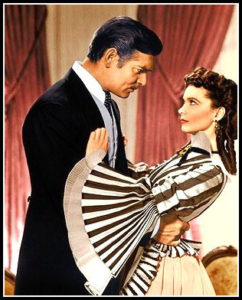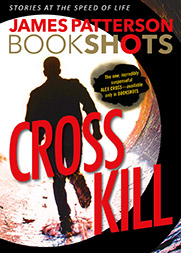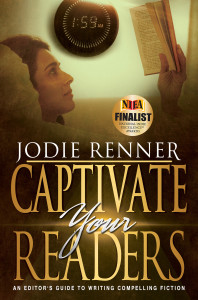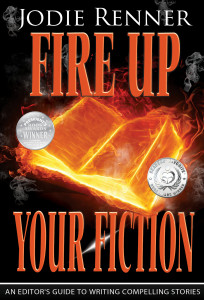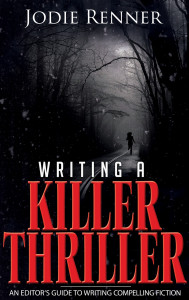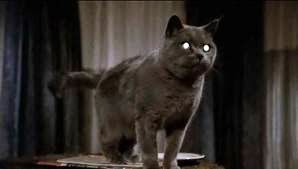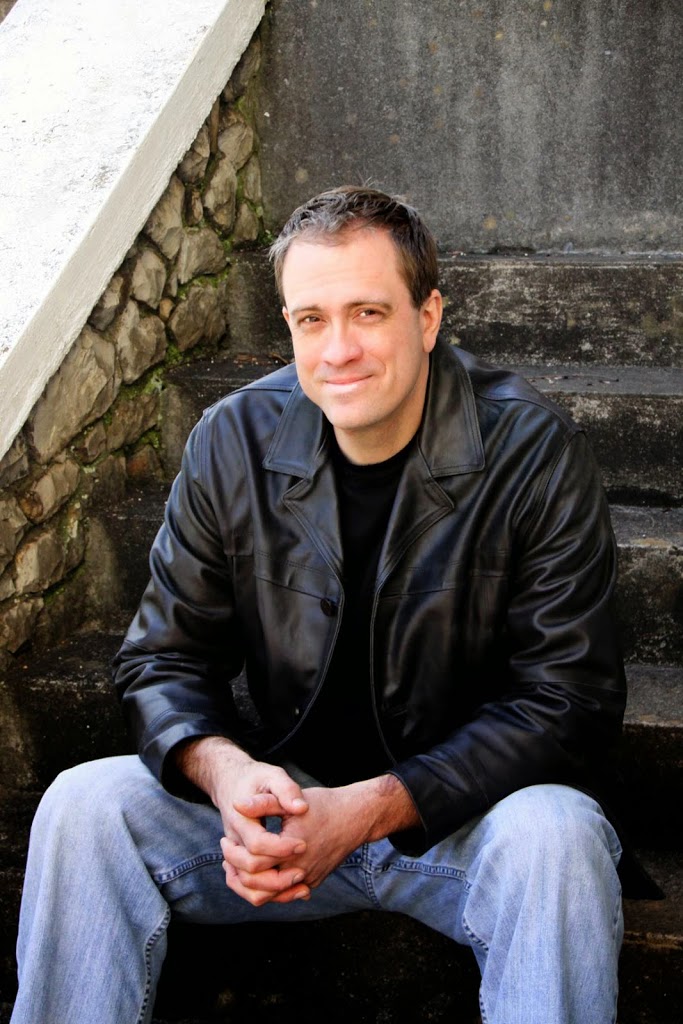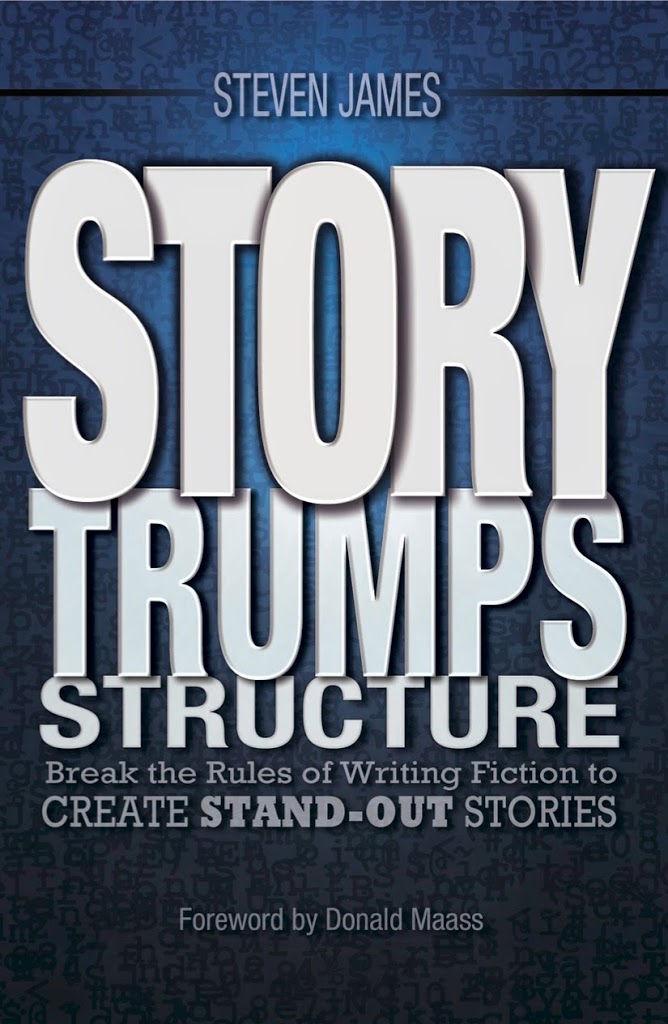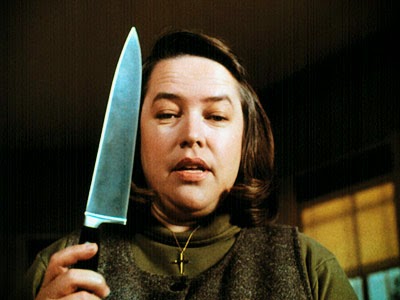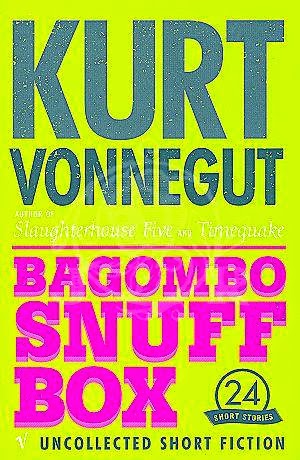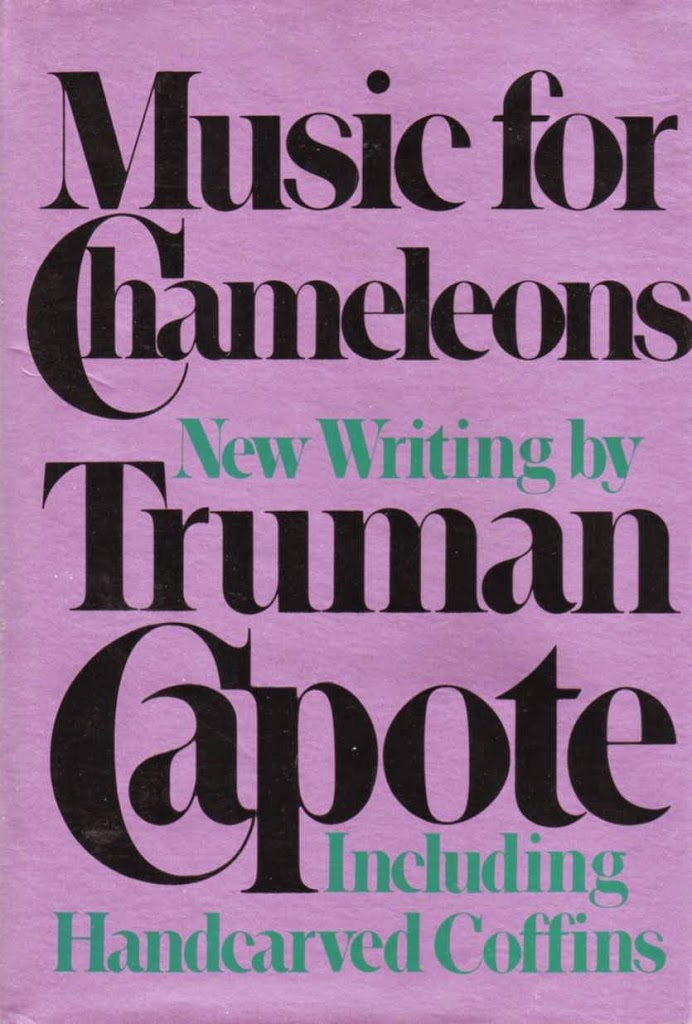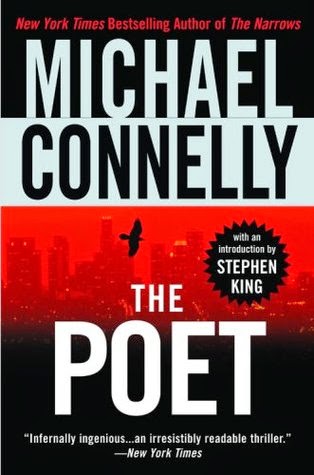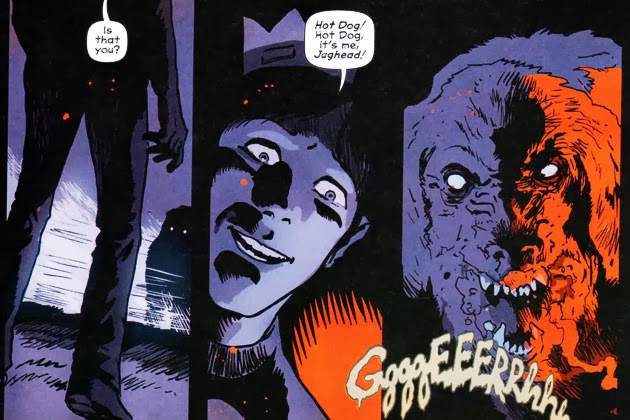
Photo courtesy of Jim Coffey, Esprit Whitewater
By Debbie Burke
What does whitewater rafting have to do with writing?
For one thing, rafters and writers often endure blasts of icy water in the face. For authors, the cold, wet shock is metaphoric—a stinging rejection, a hideous review, a kiss-off from a publisher.
Today’s story begins when my pal, former river ranger Susan Purvis recently sent me a link to a podcast about whitewater rafting. Susan often leads me into adventures that always pay off in unexpected rewards so when she recommends something, I listen.
That day, with a crammed to-do list, I didn’t have a spare hour for a podcast. Yet once I started to listen, I couldn’t stop.
The interviewer is Barry Kruse, entrepreneurial coach of Leading Steep, and his subject is Jim Coffey, founder and owner of Esprit Whitewater, a Canadian rafting company.
Jim’s rafting business began in 1992 and survives nearly three decades later, a rarity in the field. A seasonal operation is especially tough because he has to earn enough income in four, maybe five, months to last the entire year. Plus, recreation-oriented businesses are hit hard during recessions when people can’t afford vacation trips.
Jim believes entrepreneurs who succeed have “a high tolerance for adversity and uncertainty.” He proves his point when he relates the setbacks he’s experienced that would tank most businesses— a fire that destroyed part of his facilities, a couple of floods, the Covid shutdown, and, last summer, his own diagnosis of throat cancer.
His attitudes and coping tools struck me as helpful advice for authors. The following are a few gold nuggets from his podcast.
Jim: “You never know where that first step is going to lead.”
When you’re stuck in your writing, take a step.
Inertia is not healthy for writers, in body, mind, or word production. If you’re bogged down, take a step in a new direction.
Write a public service announcement for a charity you admire. Write ad copy for a fundraiser for a worthwhile cause.
If your own ads don’t pan out, analyze what authors with similar books do for promotion. Try new avenues.
Learn a new skill—make a video, add fresh features to your website, try a different software writing tool, create an audiobook.
First steps sometimes lead to dead ends. But they can also lead to new universes.
Jim: “You never know who that [most] important customer is going to be. Treat every customer as if they are that person.”
Readers are the author’s customers. Building their loyalty and trust is key to selling books.
A major breakthrough opportunity for Jim’s company occurred when a particular customer was impressed with the fledgling operation. That man turned out to be an influencer who booked more trips for large groups and retreats, as well as recommending Esprit Whitewater to colleagues. A single customer hugely expanded Jim’s business.
For authors, treat every reader as your most important customer. They might place your book in Stephen King’s hands for a blurb. Or convince Oprah to feature it in her book club. Or catch Reese Witherspoon’s attention for a new movie production.
Not likely? Okay, but how about these possibilities?
A reader invites you to speak to their book club. That results in more sales and more readers.
A reader from that book club works for a major media outlet and wants to interview you.
The leader of a civic or professional organization hears/reads your interview and invites you to talk to their 500 members.
And so it can go.
When you treat each reader as that most important customer, their reach and recommendations carry you and your books into markets you never imagined.
Jim: “We manufacture our own luck. Preparation collides with opportunity.”
The harder you work, the luckier you get.
Preparation can mean: take a class; read a new craft book; attend a conference; research new marketing angles.
When you’re doing the work, opportunities pop up in unexpected ways in unexpected places.
Jim: “Be unselfish and generous with your skills and pass them on.”
Help other writers.
The writing community is a continuum of authors at different levels of accomplishment, from beginners to multi-published bestsellers. We have all been helped by authors more experienced than ourselves and, in turn, we can help others less experienced than ourselves.
Freely share what you’ve learned. Teach a workshop. Write a guest blog post. Produce a newsletter for a charitable organization. Mentor a struggling writer.
You might think you’re too new at the craft to offer anything. Not so. You can beta-read. Judge a writing contest. Offer to talk to schoolchildren—most teachers are delighted to host writers and kids are eager to learn.
Jim: “It’s easier to train a great person to be a great whitewater guide than to take a great whitewater guide and turn them into a great person.”
For authors, attitude is more important than skill. Approach learning as a humble student.
I’ve known many talented authors who were positive they were destined to knock Michael Connelly off bestseller lists. They were usually so busy talking about how much they knew and how great they were that, not surprisingly, I haven’t noticed any of their names in USA Today.
C.S. Lewis said: “Shut your mouth; open your eyes and ears.”
That advice spans to entrepreneurs, military, industry, and, of course, writing. Nobody knows everything.
Before you become a great writer, you must first be a great student.
Jim: “You never know when people you’ve contributed to will come back and contribute to you.”
At the beginning of the podcast, interviewer Barry said Jim had recently undergone chemotherapy and radiation for throat cancer. While Jim was laid low during the busy summer season, his team kept the business going and took care of hundreds of happy whitewater rafting customers. He’d earned the loyalty of his staff who came through when he needed them the most.
At the very end of the podcast, Jim mentions he gave the interview while lying in bed… with a feeding tube.
Wow. Just wow.
That left no doubt Jim Coffey is off the scale in his tolerance of adversity and uncertainty.
Perhaps the most important lesson can be found in Jim’s actions:
Help others and never give up.
Works for authors, too.
~~~
Many thanks to Jim Coffey and Barry Kruse for their permission to quote and reference the interview which can be heard here: https://www.leadingsteep.com/podcast
~~~
TKZers: What is your favorite advice, touchstone, or belief that helps you over treacherous rapids and shoals encountered in your writing career?
~~~
In Debbie Burke’s new thriller Flight to Forever, her main character persists in spite of lots of cold water thrown in her face. Please check it out here.

